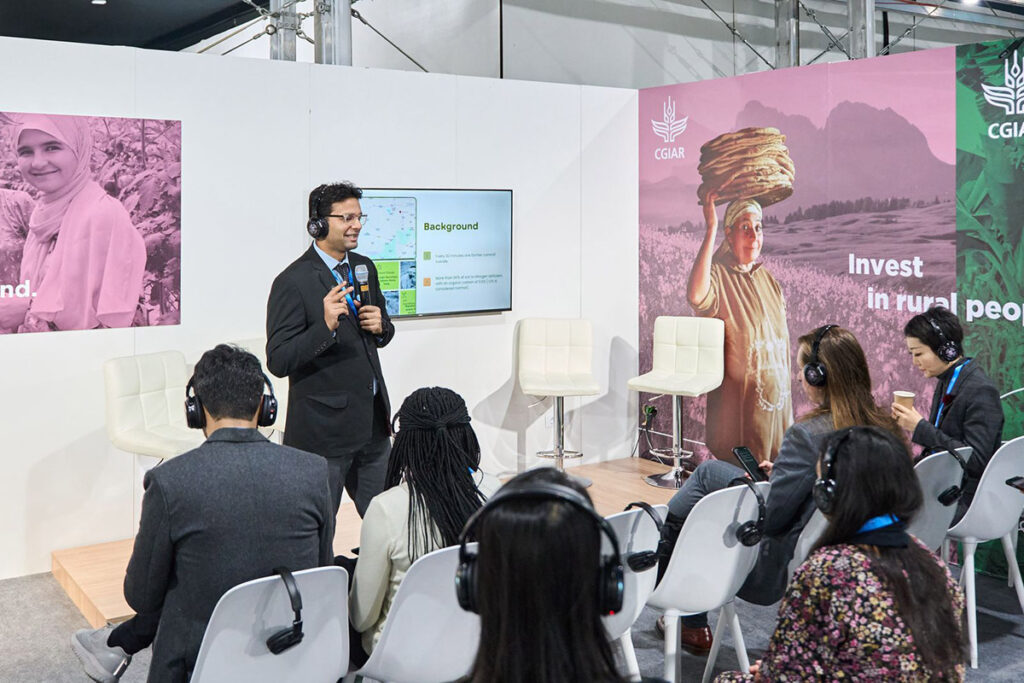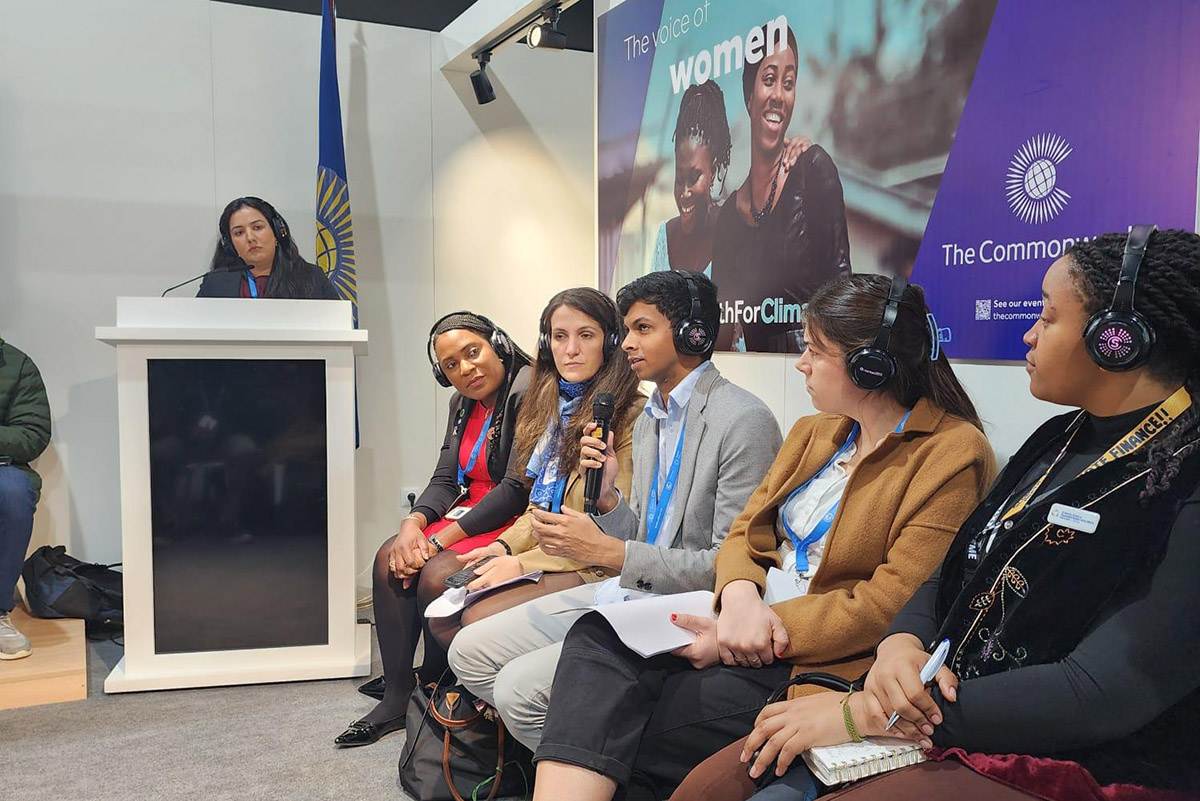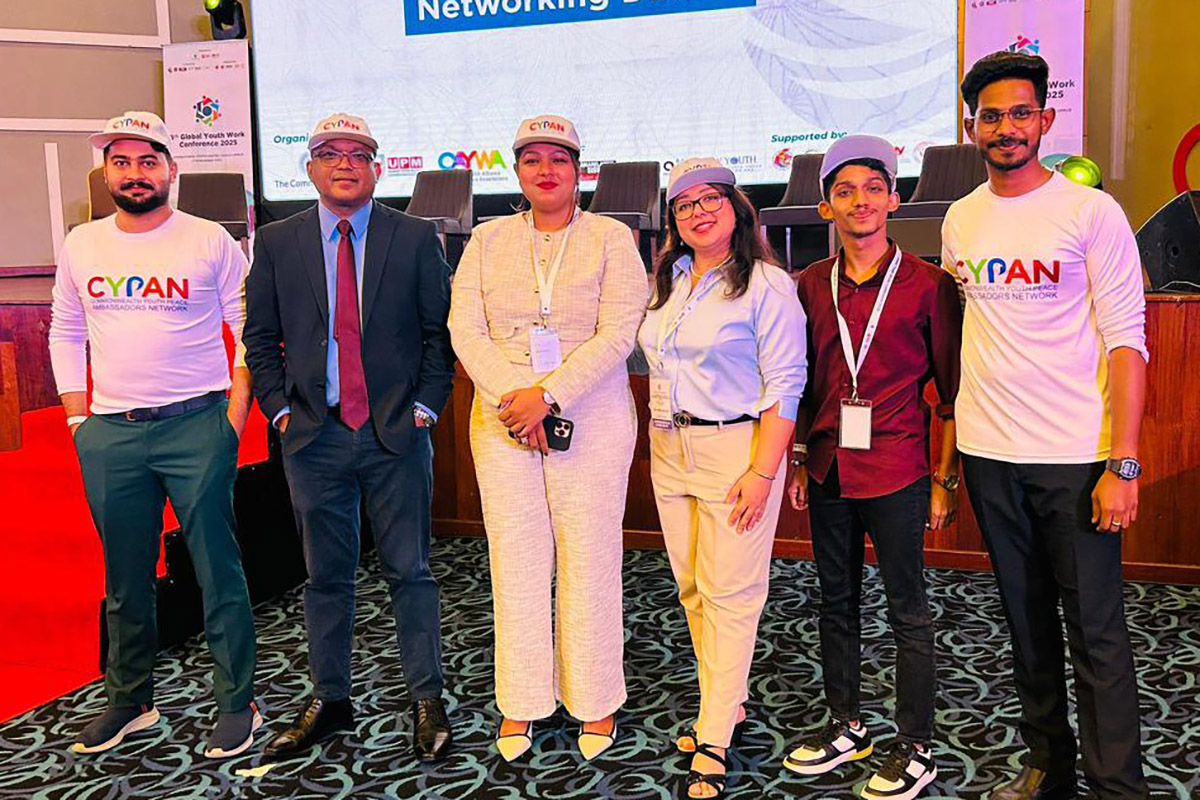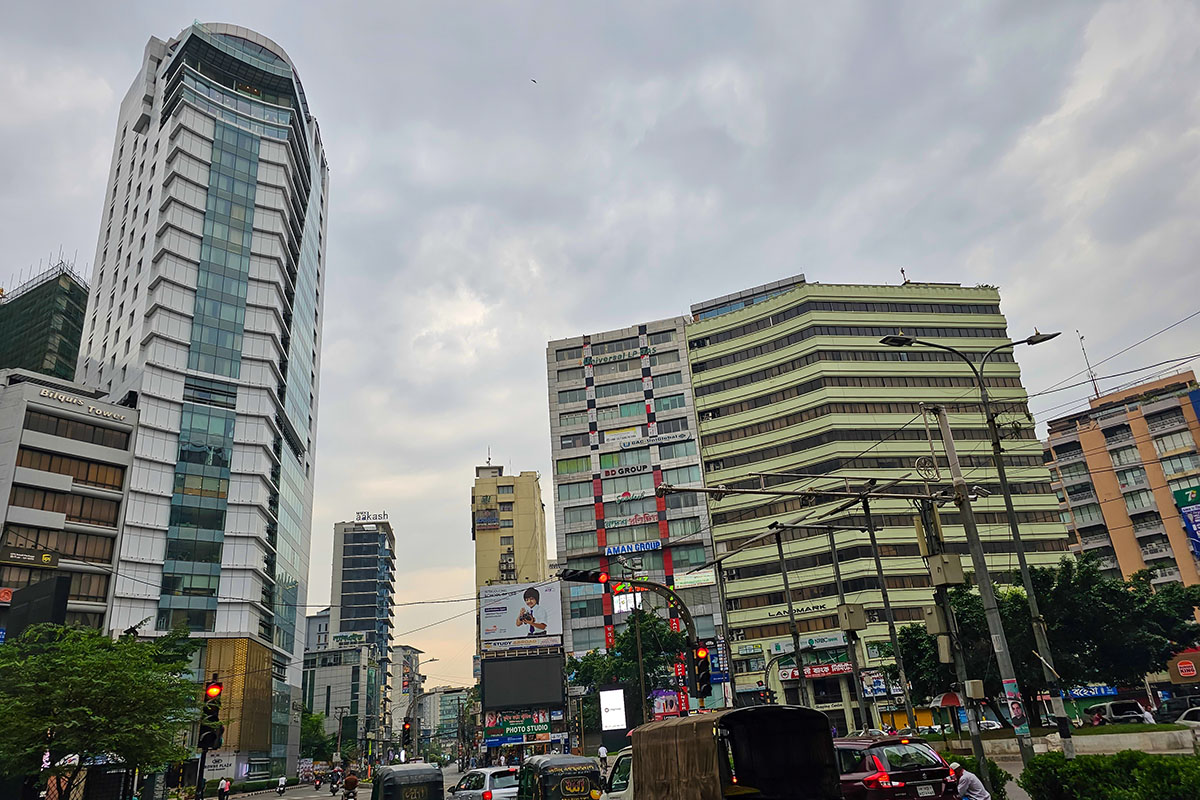COP30: A Return to Irony or Intergenerational Justice?
April 27by Bodh Maathura
The irony is striking—in the same week that the first official communication paves the way for a forest-centric COP in the Amazon, we hear of a road being paved by felling the very rainforest it aims to protect. Following back-to-back COP presidencies led by oil-producing nations, a Global South country rich in biodiversity and indigenous wisdom finally takes the helm, offering hope for a shift in sentiment. However, juxtaposing these positive developments with ongoing environmental destruction raises a question: Can we truly trust the old guard to deliver on its promises?
If not them, then who? Youth leaders and advocates have been fighting for a seat at the table for decades now. As young people, we believe we should be allowed to take the lead and fill the vacuum left by years of policies with vested interests and inaction. But then comes the recurring knee-jerk reaction – what makes young people qualified? What sets them apart in this fight against climate change?
A Generation of Solutions
The Chair of the Commonwealth Youth Climate Network, Lucia Ene-Lesikar, reflects on the weak and often unfulfilled commitments on climate action by older generations. She believes that young people have the “vision, the urgency, and the determination to drive real, meaningful change.”
The 2025 Commonwealth Youth Awards is proof of how young changemakers are turning this vision into reality. Stanley Anigbogu, the Commonwealth Youth Award winner, is transforming waste into solar energy through his startup, impacting over 26,000 people, providing clean energy to 10,000 refugees, training 6,000 students, and recycling 20,000 kilograms of waste.
Stanley is one example of the many young leaders who are challenging the status quo and proving that youth must play a central role in climate action. As Chris Ritcher, a Regional Migration, Environment, and Climate Change Specialist at the International Organization for Migration , emphasizes: “Young people should play a central role in decision-making, developing and implementing initiatives…we need their innovative ideas to steer us away from catastrophe.”

Skin in the Game
Climate-induced weather impacts are steadily deteriorating ecosystems, and the impacts are palpable, especially on young people. In some parts of the world, fresh air has become a luxury. In another part of the world, the summit that’s supposed to help the world breathe is cutting down its lungs.
With regard to COP, disillusionment is becoming a common theme amongst youth leaders and climate activitsts. Reflecting on COP29, Vikrant Srivastava, Co-Founder of Lead for Earth states “the negotiations concluded with an utterly inadequate deal on climate finance and Just Transition.”
Young people have the most at stake in the climate crisis—their futures, livelihoods, health, homes, and very survival hang in the balance. Out of necessity, they are stepping up, advocating, and lobbying for inclusion in climate decision-making processes.
Sri Lanka showcases how multi-level youth advocacy in collaboration with the government, advances mainstreaming youth in climate policymaking. Mr. Leel Randeni, Director of Climate Change at the Ministry of Environment, Sri Lanka shared that when youth voices “advocated for inclusion in the NDC revision process, we prioritized their voices in our consultations, ensuring that NDC 3.0 reflects child and youth-sensitive approaches.” Mr. Randeni further emphasized that “Sri Lanka remains committed to amplifying youth leadership in climate action” and “called on all Parties to create structured, inclusive pathways that empower young people to co-design and drive climate solutions at every level.”
To replicate this globally, countries must adopt a multilateral and intergenerational approach that centers youth perspectives to develop and implement impactful climate policy.
We are at a critical juncture—where irony surrounds climate promises, yet hope lies in youth-led action. Achieving intergenerational justice demands that we move beyond tokenism and center youth in decision-making. At COP30, the choice is clear: perpetuate performative promises or act with the urgency and integrity this moment demands.




